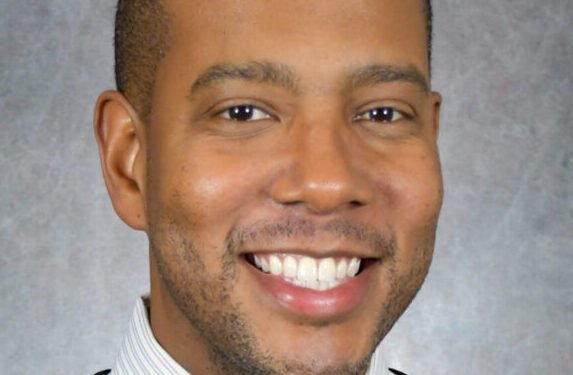The two complaints that began the proceedings that eventually led to Henderson Family Court Judge David Curlin’s indefinite suspension can best be characterized as failures to communicate, according to a document filed with the state Supreme Court and obtained by the Hendersonian.
The reasons for the complaints were detailed in Curlin’s Oct. 10 motion to set aside indefinite suspension that was filed by Curlin’s attorney, Peter Ostermiller of Louisville.
In one—a slip-and-fall case in which his client was injured—Curlin was in the process of negotiating a settlement from the owner of a gas station, where the incident occurred. Initially, according to Curlin’s motion, the gas station owner offered $1,000 and then upped it to $2,000.
Curlin reported in his motion that he then had an email exchange with his client, reporting the negotiations and that he made a counteroffer of $5,000.
After the email exchange in late December 2020, Curlin acknowledged that he didn’t contact the client and eventually missed filing a suit before the statute of limitations ran out.
When he realized that the statute of limitations had been missed, Curlin’s motion said he did not contact his client.
“Judge Curlin did not misrepresent or provide false or misleading information…He just did not communicate with her,” said the Oct. 10 motion.
In the second complaint, Curlin began representing a client after previous counsel withdrew from the case in February 2021. The case was a collections suit involving a commercial lease and Curlin was representing the defendant.
In a March 2022 trial, the jury found for the plaintiff, leaving Curlin’s client to pay $10,200. After the verdict, the client asked Curlin to file an appeal.
The client owed Curlin $2,635 in attorney fees, according to the motion. But Curlin said he heard nothing from the client after the trial until $100 was paid on May 2 when the court heard the plaintiff’s motion for prejudgment interest, according to the motion.
In the his motion filed with the Kentucky Supreme Court, Curlin said in retrospect he should have “expressly told” the client that the appeal would not be filed until he paid his attorney fees.
The client’s complaint was served on Curlin on July 15, 2022, although it had been dated April 23 and notarized May 2.
In his Oct. 10 motion, Curlin also claimed that he did not know how to respond to the KBA’s complaints nor who to ask for help, and that he had been diagnosed with ADHD and his inability to obtain ADHD medication caused carelessness in dealing with two clients who later filed complaints against him. See accompanying story for more details about that.



















